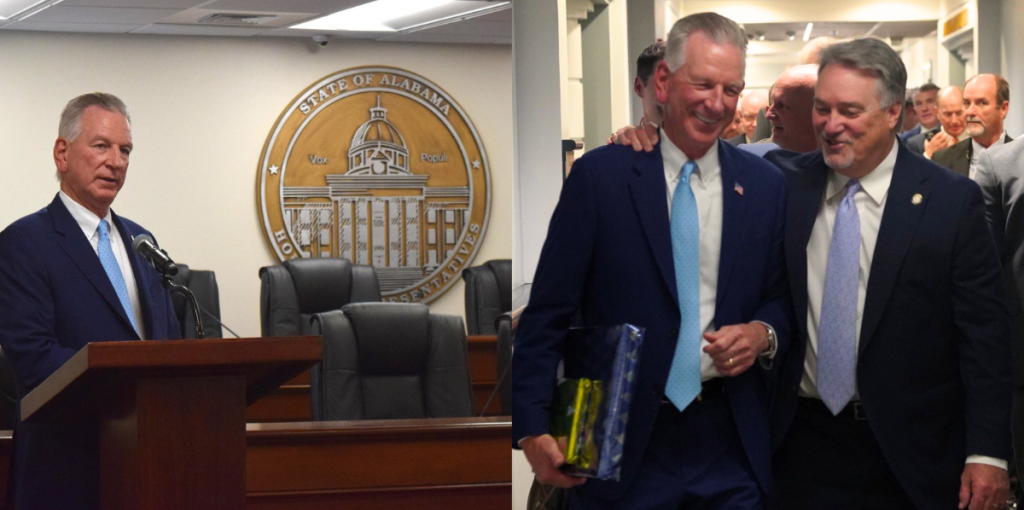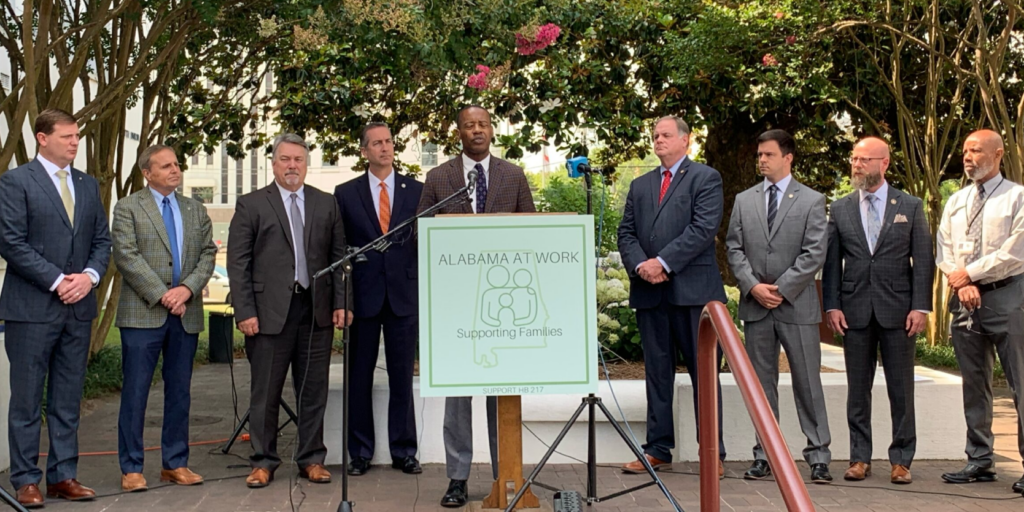
WASHINGTON — Alabama business owner Terry Shea told Congress Thursday morning that a proposed Department of Labor rule backed by many Democrats including President Obama to expand overtime requirements will not be beneficial to Alabama businesses or their employees.
Terry Shea, co-owner and vice president of Wrapsody in Hoover and Auburn and a member of the Alabama Retail Association board of directors, testified before the House Small Business Committee on behalf of the National Retail Federation.
“We pay a very competitive salary and offer a generous benefits package for our type of retail business, which is why we have such an awesome team. However, the overtime rule ignores the fact that the cost of living in Hoover, Alabama, is very different than in New York City,” Shea said in her testimony on behalf of the National Retail Federation. “Such a dramatic, one-size-fits-all increase will have real consequences for my business and my employees.”
The proposed rule would more than double the minimum salary necessary for executive, administrative, professional, outside sales or computer programmer employees to qualify for an overtime exemption. In Alabama, the proposed rule could bring 48.6 percent of full-time salaried workers under overtime rules.
Under the rule, most U.S. workers making under $50,440 a year would be required to be given overtime pay for working more than 40 hours a week.
Astudy conducted for NRF found that retailers oppose the proposed rule because it would force many employers to convert their salaried managers to an hourly wage, would decrease employee morale, and would limit opportunities for career advancement, among several other negative impacts.
“Converting salaried positions to an hourly wage adds pressure to get the job done in a 40-hour work week,” Shea said. “An increase in overtime eligibility will not necessarily mean an increase in overtime pay for the workforce, but having to contain my managers to work a 40-hour week will take away their flexibility, both personally and operationally.”
Another study found that the proposed overtime rule would have a disproportionate impact in rural, low-wage areas such as Alabama because of the cost-of-living.
“This proposal has been spun as a way to raise the income of struggling workers but there are places where bankers or stockbrokers could be turned into hourly workers,” NRF Senior Vice President for Government Relations David French said. “The Labor Department has ignored the fact that the cost-of-living varies throughout the country.”
Shea believes that much more needs to be done in terms of research and feedback from American businesses before any change is made. While expanding overtime may increase pay for some, Shea said that having to pay overtime would “suffocate” employee development and company growth.
“I’m not saying there doesn’t need to be an increase,” Shea said. “There doesn’t need to be this drastic of an increase.”
https://twitter.com/caseycappa/status/634418932192030720













